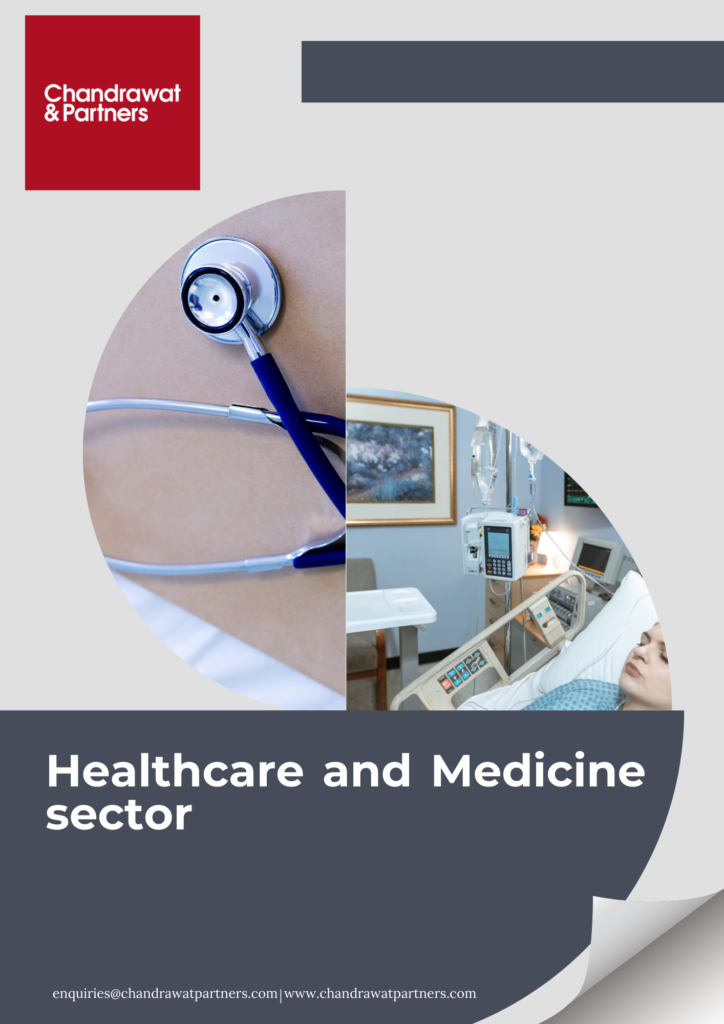Sectors
Healthcare And Medicine

In the intricate fabric of modern society, healthcare and medicine stand as pivotal forces that not only safeguard individual well-being but also drive societal progress. These fields, encompassing a vast array of disciplines are fundamentally intertwined with human advancement, influencing everything from global economies to scientific innovations. Today, the healthcare industry is more than just a means of addressing illness. It is a complex ecosystem focused on prevention, holistic care, technological integration and ethical medical practices.
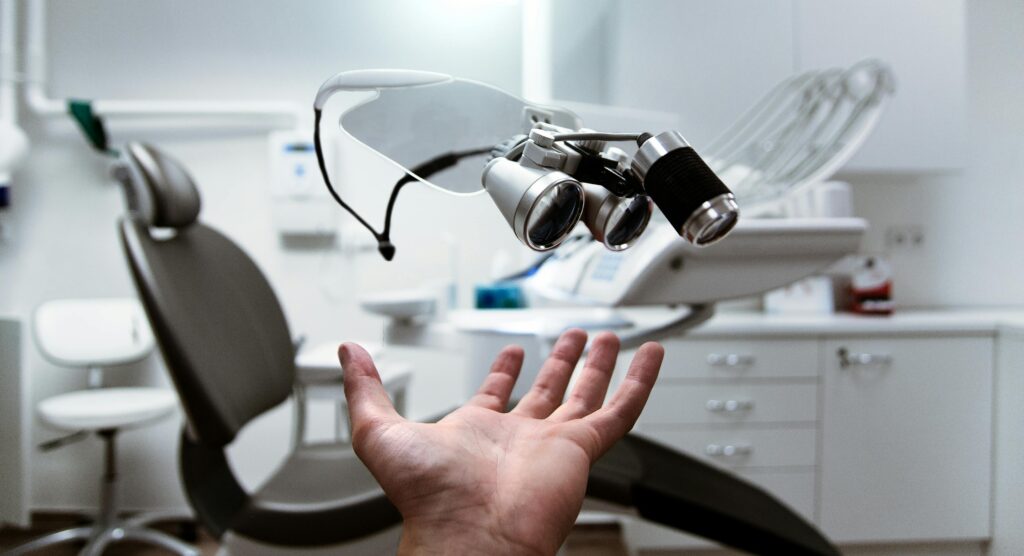
THE EVOLUTION OF HEALTHCARE AND MEDICINE
Healthcare and medicine have evolved from empirical, trial-based practices to sophisticated, evidence-driven systems. The scientific revolution and technological advancements have paved the way for precision medicine, advanced surgeries and comprehensive disease management. In the 21st century, healthcare has become highly interdisciplinary, merging the expertise of medical professionals, researchers and technologists. Innovations like artificial intelligence, big data and genomics have enabled personalized treatments, while telemedicine and digital health platforms have expanded access to care, particularly benefiting underserved areas.

THE ROLE OF PREVENTIVE MEDICINE AND PUBLIC HEALTH
Preventive medicine and public health are pivotal to modern healthcare, emphasizing the prevention of illness through proactive measures like lifestyle changes, vaccinations and early screenings. With the rise of chronic diseases, healthcare systems now prioritize managing risk factors to promote healthier living. The COVID-19 pandemic highlighted the vital need for strong public health infrastructure, driving global collaboration between governments, healthcare organizations and pharmaceutical companies to develop vaccines, manage resources and implement health protocols on an unprecedented scale.
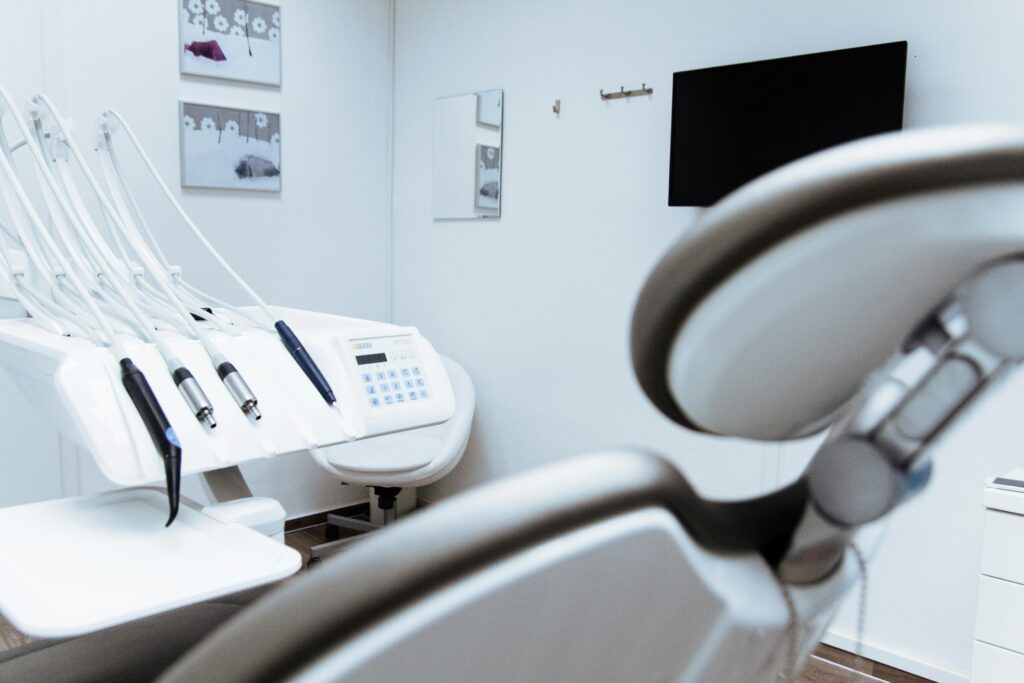
TECHNOLOGY’S TRANSFORMATIVE IMPACT ON HEALTHCARE
The rapid advancement of technology is transforming healthcare with innovations like robotic surgeries for precise operations and AI for disease diagnosis. Wearable devices, such as smartwatches and biosensors, allow real-time health monitoring and early interventions. Digital health platforms like telemedicine are breaking down geographical barriers, improving access to care in rural and underserved regions. Additionally, large-scale health data collection is offering researchers critical insights into disease trends, treatment effectiveness and patient outcomes, accelerating the development of new therapies.
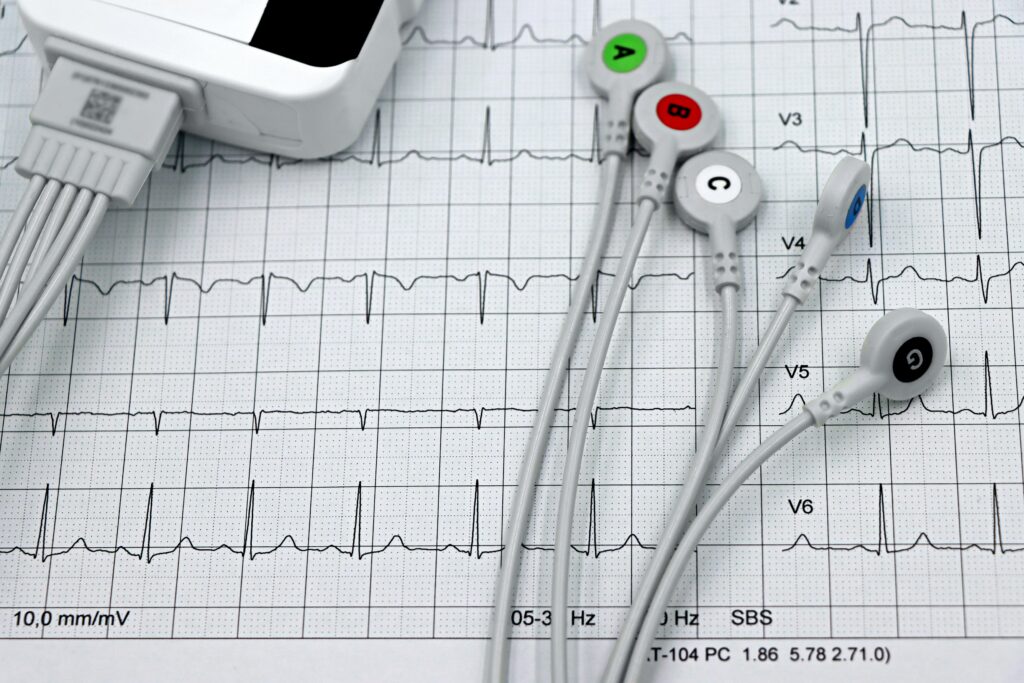
ETHICS IN HEALTHCARE AND MEDICINE
As healthcare advances, ethical considerations have become increasingly crucial. Issues such as fair access to healthcare, genetic modification ethics and patient privacy in the digital age are central to modern discussions. Bioethics ensures that medical progress aligns with human values, balancing innovation with moral responsibility. Gene-editing technologies like CRISPR offer groundbreaking treatments but raise questions about altering human genomes. Likewise, AI can revolutionize diagnostics but concerns remain about its accuracy and the ethical implications of machine-driven decisions in healthcare.

HEALTHCARE ACCESSIBILITY AND GLOBAL DISPARITIES
Despite significant advancements, global healthcare accessibility remains a challenge with disparities in infrastructure, resources and political dimensions which create uneven access to care. Millions in low-income countries face barriers to basic health care services. International organizations and governments should address these gaps on a priority basis. Efforts should be made for developing affordable healthcare models, training professionals in underserved areas and implementing global initiatives like the UN’s Sustainable Development Goals (SDGs) to ensure that medical advancements benefit all, irrespective of geographic or socioeconomic barriers.
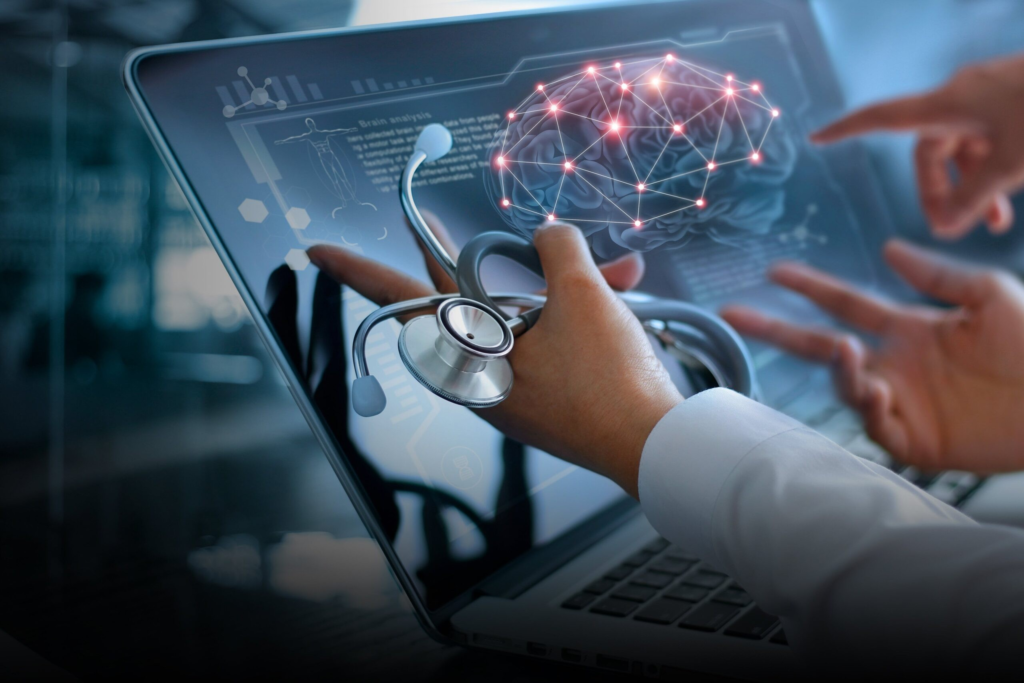
THE FUTURE OF HEALTHCARE AND MEDICINE
The future of healthcare and medicine is set to be profoundly influenced by three key factors: deeper technological integration, an emphasis on preventive care and a steadfast commitment to equitable access. Precision medicine will evolve through genetic insights, enabling more personalized and effective treatments. Concurrently, advancements in health technology and AI will enhance diagnostic accuracy and improve patient outcomes. Together, these innovations will significantly advance healthcare by providing tailored and precise care. Concurrently, ethical and regulatory frameworks must evolve to keep pace with technological advancements, ensuring innovation respects patient rights and societal interests. Global efforts should be made on reducing health disparities and ensuring universal access to high-quality care.
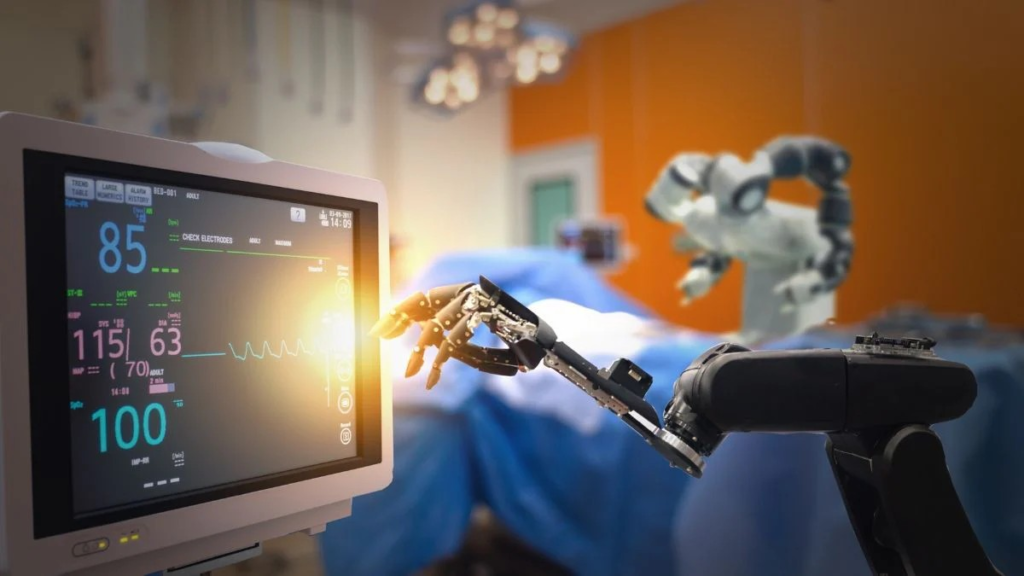
TIMELESS MISSION IN ADVANCING HEALTHCARE
Despite continuous advancements, the core mission of healthcare and medicine remains unchanged i.e. to protect and enhance the health and well-being of individuals and communities. As we navigate the evolving landscape of modern innovation, the synergy between medical science, technology and human empathy will remain fundamental. This integration will serve as the cornerstone for creating a more equitable and healthier world.

